Want to learn how to improve your English? We’re here to help. Many students at the University of Adelaide College come to us from overseas, with the aim of going on to an undergraduate or postgraduate degree at the University of Adelaide.
Not only do they have to adjust to life in a new country, they have to learn academic English and prepare to study at university in a second language. It’s a big challenge, but it’s worth it.
The day you go on to begin your dream degree will be one of the best days of your life. You don’t have to get to that moment alone. There’s plenty of resources at the College and tips and tricks you can learn to help you master the language.

With these 3 tips, you’ll be on the path towards academic English in no time.
- Listen to lots of English and get to know how it sounds
You might think that when you learn a new language, you’re just learning grammar and vocabulary. But you’ve forgotten the first, most important point – language is a series of sounds, made by our mouths!
One of the most important things you need to do is to become familiar with how a language sounds. There may be ways of speaking that you never even use in your native tongue. For example, ‘th’ is not commonly used across many languages. To become familiar with the tones, context and sound of English, listen to as much of it as possible. Watch movies, listen to the radio or podcasts, or watch TV series with the captions on.
- Use apps to make practising fun
You have to enjoy learning in order to learn quickly! There are some fantastic apps out now that make learning language fun and easy, like Babel and Duolingo. These apps aren’t always the best for learning grammar, but they’re excellent for practising vocabulary. With point scoring systems and game style tests, they’re fun to use and you can take them anywhere.
- Try visual-word association
When you come across a new important word, try mentally associating it with something visual, connected to what it means or sounds like in your own language. This is one of the most effective memorisation tricks around because memory is often a visual process. It also happened to be used by the famous card counter, Ed Cooke, to memorise a whole deck of cards in 45 seconds!
Here’s how you do it.
Imagine you are an English speaker trying to learn the German word ‘krank’. Krank means ‘sick’ in German, but it also sounds like the English word ‘cranky,’ which means annoyed. Picture a sick old lady in bed who looks very annoyed, every time you repeat the word to yourself. Your brain will conjure up the image the next time you are searching for the correct term, and through the image, you remember the word! It’s not magic, it’s psychology!
What extra help can you get to improve your English at the College?
Learning a new language can be daunting. So, whether it’s looking over an assignment or assisting with extra lessons, please know there’s someone at the College who can help.
If you’re struggling, don’t be afraid to go to your teachers and let them know. They’ll be able to help you with assignments and find you, even more, help if you need it.
Student Services
The helpful team of staff at Student Services will be able to find you counselling, tutoring, study assistance or anything else you need to help you with your English language journey. Don’t be shy, stop in their office to have a chat.
The Student Resource Centre
Students can head to the Student Resource Centre to borrow books, use computing facilities, or get one-on-one assistance from staff. The helpful staff can help you look over assignments, and give you personalised English language coaching.
On top of these dedicated College services, students also have free access to facilities at the University of Adelaide. Located on Level 3 East of Hub Central, The Writing Centre provides students with help in academic English. They have a library of online resources, and run workshops and classes, so drop by and check it out.
Remember, it’s ok to ask for help! At the College, we want all our students to be happy and to do well in their studies.
For more information about the General Academic English program (GAE) available at the College please click here.


